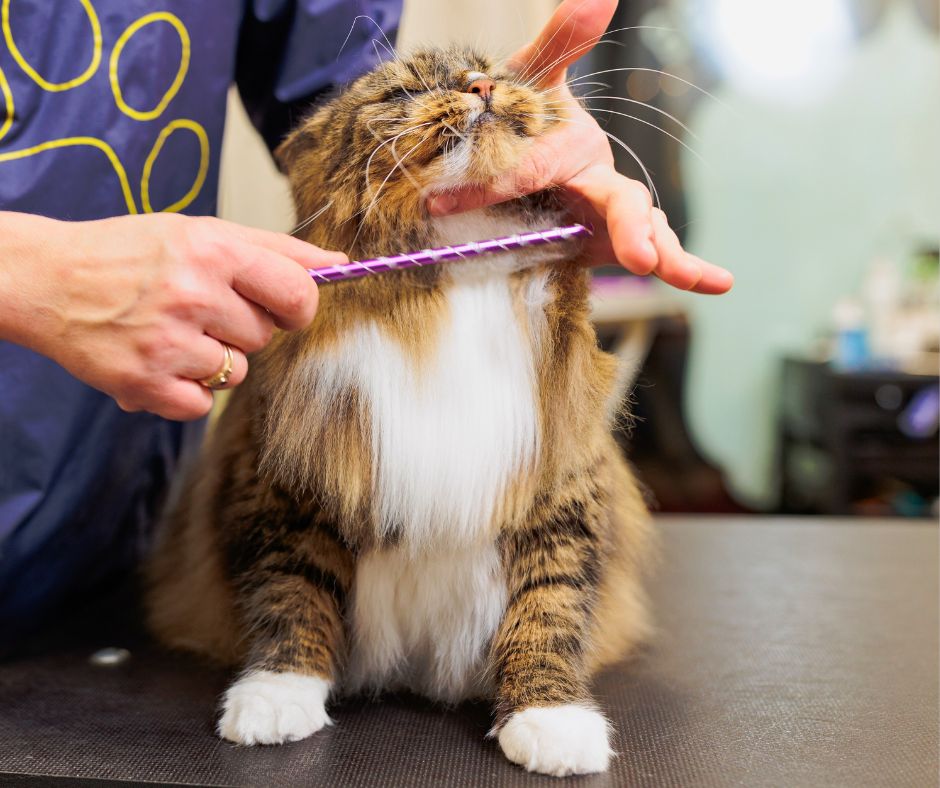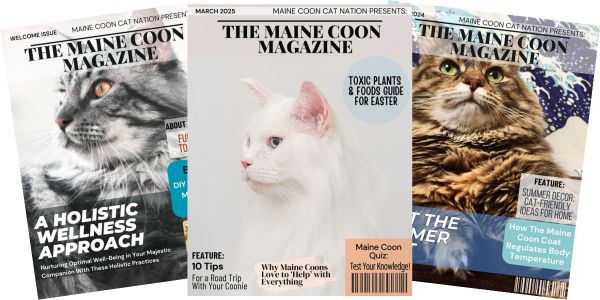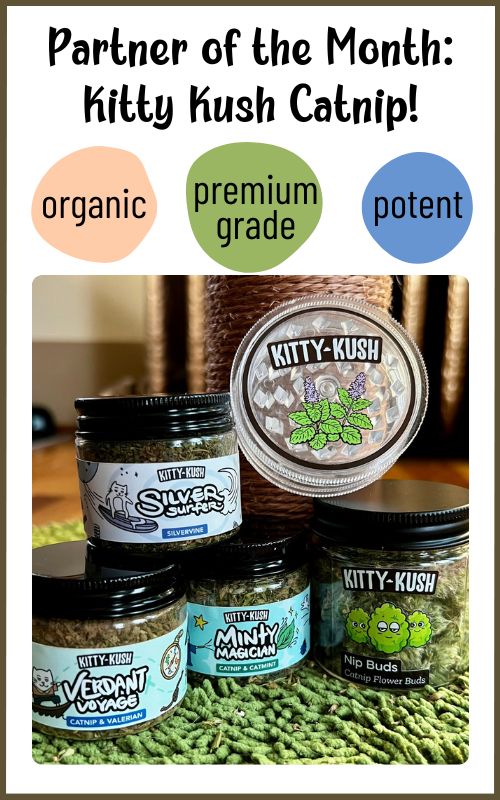- Home
- Maine Coon Cat Health
- Do Maine Coons Need Flea Treatment?
Do Maine Coons Need Flea Treatment?
Springtime always brings the question: Do Maine Coons need flea treatment? If your Maine Coon lives indoors, you might think flea prevention isn’t necessary.
After all, they’re not rolling in the grass or exploring the neighborhood. But fleas have a way of sneaking in, even when you least expect it.
A visiting dog, an open window, or even a trip outside on a leash can bring unwanted hitchhikers. Once inside, fleas multiply fast, turning a small problem into a big headache.
Even homes without other pets aren’t completely safe. Fleas can cling to clothing, carpets, or even shoes.
So, does your Maine Coon need flea treatment? The answer depends on their lifestyle and environment.
Some cats are at higher risk, while others may never encounter a single flea. Let’s take a closer look at whether treatment is necessary and how to keep your cat safe.
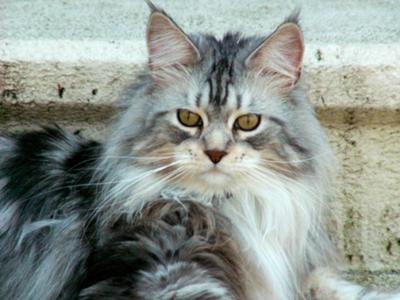
Why Would an Indoor Maine Coon Need Flea Treatment?
It’s easy to assume an indoor cat is safe from fleas, but they can still find a way inside. Other pets, like dogs or outdoor cats, can bring them in after a walk or backyard adventure. Even small pets, like rabbits, can be accidental flea carriers.
Visitors can also unknowingly introduce fleas. A quick stop from a friend with a pet at home might be all it takes. Fleas can hitch a ride on shoes, pant legs, or even jackets.
Surprisingly, open windows, balconies, and screened porches aren’t completely safe either. Fleas are tiny and can drift in on a breeze or jump inside from a nearby animal.
Even if your Maine Coon never steps outside, fleas could still find their way in. Understanding these risks can help you decide whether prevention is necessary.
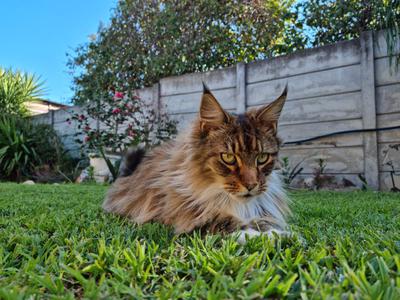
Do Maine Coons Go Outside?
Many owners keep their Maine Coons indoors, but some enjoy outdoor time in safe ways.
A catio or enclosed space lets them experience fresh air while staying protected. However, being outside at all means possible exposure to fleas.
Leash walks are another option. These big cats often take well to harness training and love exploring.
But walking on grass, sidewalks, or near bushes increases the chance of picking up unwanted hitchhikers.
Though rare, some Maine Coons are allowed to free-roam. In this case, exposure to fleas, ticks, and other pests is almost certain.
If a cat spends time outside, even in a limited way, flea prevention is highly recommended.
When Flea Treatment May Not Be Recommended
Some Maine Coons shouldn't use flea treatments due to health concerns. Kittens under eight weeks old are too young for most products. Their bodies are still developing, making strong chemicals risky.
Senior cats may also have sensitivities. As they age, their bodies process medications differently.
Some flea treatments could cause unwanted side effects. If your older cat needs protection, talk to a vet about gentle options.
Pregnant or nursing cats require extra caution. Anything absorbed into their system could affect their kittens. Before using any flea product, check with a vet to ensure it's safe.
Cats with certain health conditions may also need to avoid flea treatments.
Liver or kidney disease, neurological issues, and allergies can make standard flea products unsafe. In these cases, alternative prevention methods are best.
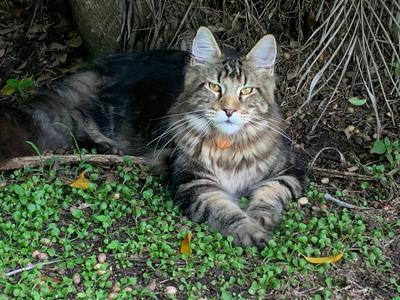
How to Protect Cats That Can’t Use Flea Treatments
If flea medication isn't an option, focus on keeping your home flea-free. Regular grooming is key. A flea comb helps catch any unwanted pests before they become a problem.
Vacuuming often removes flea eggs hiding in carpets and furniture. Pay special attention to areas where your cat sleeps or lounges. Washing bedding weekly also helps keep fleas away.
Natural flea repellents can provide extra protection. Diatomaceous earth is a safe, non-toxic powder that dries out fleas before they spread.
Flea-repellent sprays made from essential oils, like cedarwood or lemongrass, can also help - just be sure they are cat-safe.
Keeping fleas away without traditional treatments takes extra effort, but it’s possible. With a clean home and regular checks, you can help keep your Maine Coon comfortable and pest-free.
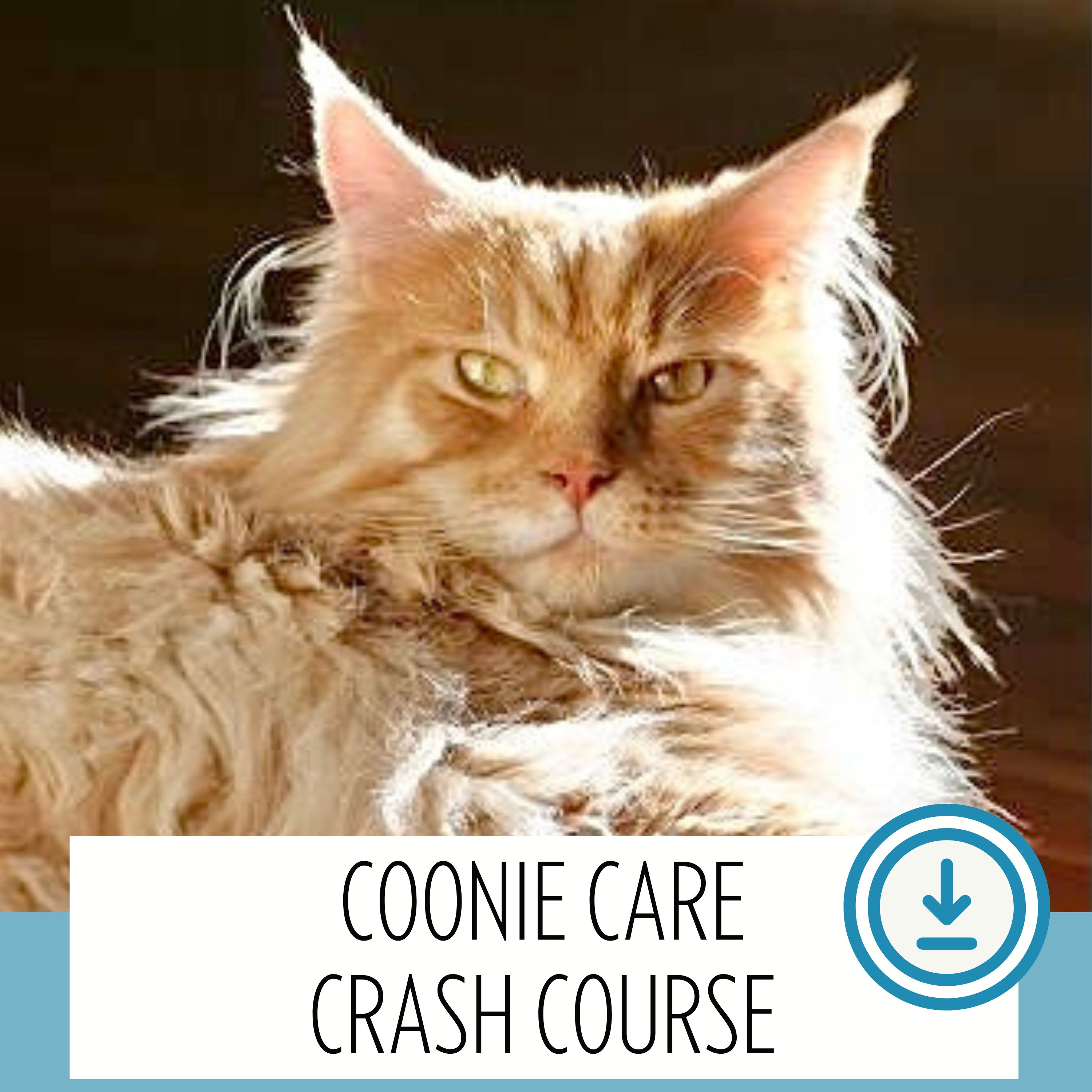
Frequently Asked Questions (FAQ's):
What’s the best flea treatment for Maine Coons?
What’s the best flea treatment for Maine Coons?
There are topical treatments, oral medications, and flea collars. Always choose a vet-approved option for safety and effectiveness.
Can fleas live in my home if my cat doesn’t go outside?
Can fleas live in my home if my cat doesn’t go outside?
Yes! Fleas can sneak in on clothing, visitors, or other pets. Once inside, they can hide in carpets and furniture.
What are signs my Maine Coon has fleas?
What are signs my Maine Coon has fleas?
Watch for scratching, red or irritated skin, or tiny black specks (flea dirt) in the fur. You might also spot fleas moving.
Can I use natural flea prevention instead of medication?
Can I use natural flea prevention instead of medication?
Some owners prefer natural methods, but they don’t always work as well. Frequent flea checks and a clean home can help.
So: Do Maine Coons Need Flea Treatment?
For fully indoor cats, flea prevention is optional. Some owners choose to use it just in case, while others skip it.
If there are no other pets or risk factors, skipping treatment may be fine.
However, if your cat goes outside - even on a leash or in a catio - flea prevention is a good idea.
Fleas can hide in grass, hitch a ride on other animals, or even come inside on your shoes. Once they get into your home, they can be tough to remove.
The decision comes down to your cat’s lifestyle and health. Some cats should avoid flea treatments due to age or medical conditions. In those cases, focus on prevention by keeping your home flea-free.
There’s no one-size-fits-all answer, but being informed helps you choose what’s best for your cat.
Top of Do Maine Coons Need Flea Treatment
« Back to Maine Coon Health
Do You Have a Related Cat Question? Ask Us Here!
Do you have a question? Fill out the form below to get an answer! Give us as much information as you can, so we can best understand your unique cat questions!
Questions By Other Visitors
Click below to see questions and answers from other visitors to this page...
Do Maine Coons Need Heartworm Medicine?
"Do 11 Year Old Indoor Maine Coons Need Heart Worm Medicine?"
Our 11 year old Maine Coons were given Heart worm medicine pills until the company stopped …
Recent Articles
-
Cat Pulling Out Fur Q&A's
Apr 03, 25 01:54 PM
Got a Maine Coon who's always grooming? Check out our latest Q&A on what might be causing the behavior, from skin issues to stress, plus tips to help manage hairballs and soothe your cat. -
Why Cats Meow at Night: What It Means & How to Help
Mar 31, 25 04:12 PM
Why do cats meow at night? Learn the common reasons for excessive yowling- hunger, boredom, habit - & get expert tips to help your kitty (and you) sleep better!

-
Dealing With Mats & Matting
Mar 29, 25 04:22 PM
Maine Coon fur matting can be a challenge, even with regular grooming. Their unique coat needs special care. Here are practical tips to help manage mats and tangles.
